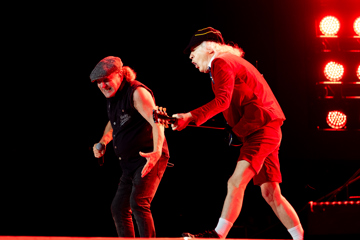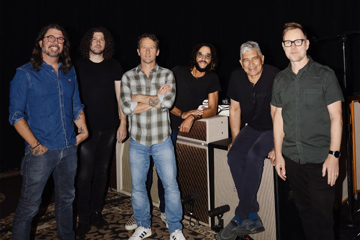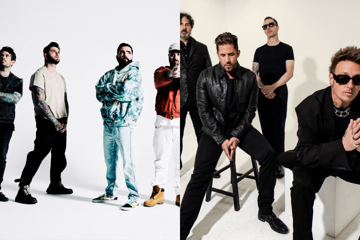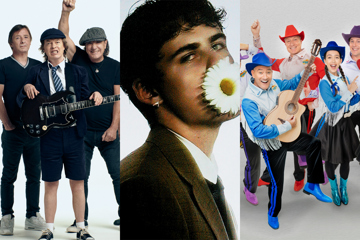Gayby Baby And The "Ugly Debate" Around Marriage Equality
"It’s Not An Ad For Gay Marriage, It’s A Portrait Of Kids"
"Over the last five years or so, there’s been a lot of ugly debate around marriage equality in this country,” says Maya Newell.
“Turning on the radio or the TV and [hearing] important public figures yelling about who should or shouldn’t be allowed to marry, so often they’d talk about ‘the kids’, that marriage was all about ‘the kids’. But no one was actually talking to any kids. As someone who was raised by two lesbian parents, I felt like there was a voice missing in the discussion.”
The documentary filmmaker’s first feature, Gayby Baby, further personalises an issue Newell’s already thrown herself into. In 2013, she made a half-hour documentary for ABC2, Growing Up Gayby, chronicling her own childhood experiences, which found her sitting down with marriage-equality villains Janet Albrechtson and the Reverend Fred Nile, seeking “to embrace both sides of the debate in a way that wasn’t people yelling at each other over a table.”
"As someone who was raised by two lesbian parents, I felt like there was a voice missing in the discussion."
With Gayby Baby, she’s looked to the next generation, a portrait of the lives of four contemporary Australian families and the experiences of children growing up with same-sex parents. “It’s not an ad for gay marriage, it’s a portrait of kids who are traversing their own oncoming puberty and the challenges of growing up, taking those lumps we all do when we’re growing up. With all of that oncoming drama, it’s a really intense time, and it’s both universal – something everyone experiences – and really personal, and really specific to these kids who have gay parents.”
Don't miss a beat with our FREE daily newsletter
The film’s most fascinating storyline involves Gus, a Sydney kid “traversing his oncoming masculinity whilst being guided by his two lesbian mums,” who’re horrified by his obsession with professional wrestling. “Their story becomes essentially a picture of conflict resolution between parents and children that feels pretty universal to things a lot of us have experienced growing up. It’s a familiar situation that’s made more interesting by the fact that he has two mums.”
Newell wanted to move away from the political discourse, its young subjects “depoliticising” the issue. With the film is premiering at the Sydney Film Festival, however, she realises Gayby Baby will be instantly drawn into this debate and used – and viewed – as a piece of activism.
“What will be amazing,” she feels, “is that we’re hoping to have adults who’ve been raised by gay parents to come out as advocates, to talk about their own experiences, and hopefully that discourse will push upwards into politics. We hope to show the film to politicians who’ll be debating, in parliament, related issues in the coming months. Hopefully it can offer them a new perspective on a discourse that’s been going on and on in this country for a long time.”







